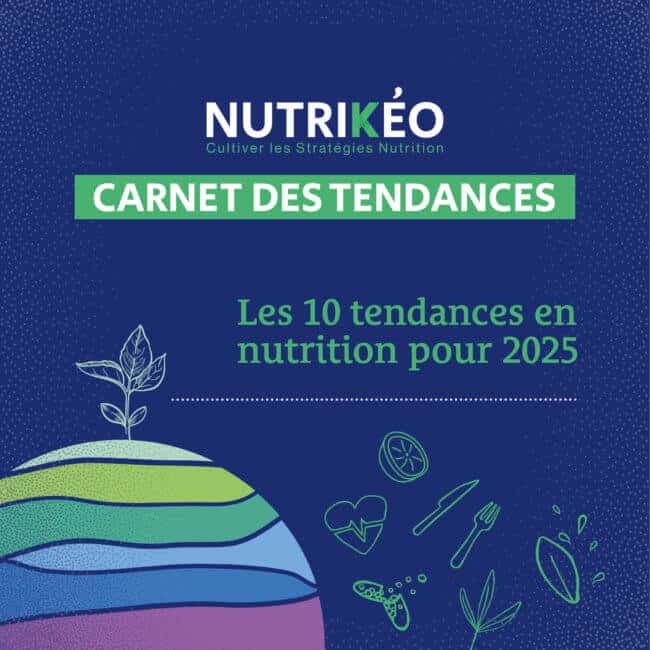Criticized for their (often high) sugar rate, fruit juices are now setting space for vegetables in their recipes to improve their nutritional composition. The offers are more and more diversified, with new and original flavours. Focus on vegetable juices!
French consumption of fruit juices now represents 1.5 billion litres. French people consume 22 L of juice per inhabitant per year (Nielsen and Unijus). These juices are an integral part of the French diet and are consumed mainly in the morning and during snacking breaks. In 2016, pure juices dominated the fruit juice market and represented 61% of the market share (Nielsen – sales volumes 2016). There is also an increase in the use of organic fruit juices (Nielsen – sales volumes 2010-2016). These various findings highlight the dynamics of the French market: the search for less sweet and more natural products.
However, French people do not generally follow the recommendation to eat 5 fruits and vegetables per day (Consumption and lifestyles n°292, July 2017, Crédoc). Industrialists are therefore entering the vegetable juice market to meet the growing demand for naturalness and improved nutrition.

For instance, the « vitality » juice made from pineapple, apple, banana, grape, kiwi and spinach is a source of vitamin C and magnesium that helps reduce fatigue.
In a context where people spend less and less time in the kitchen, vegetable juices make it possible to supplement one’s daily ration. Vegetable juices have real virtues, which contribute to good health:
- They are less sweet than fruit juices.
- They allow you to consume large quantities of vegetables because they are rich in fibre and are therefore more digestible.
- They are rich in nutrients.
At the moment, vegetable juices represent a niche market with less than 1.5% of the market. On the supermarket shelves, the choice is still quite limited and becomes wider when you go to the organic stores. Consumers will have to get used to new tastes, apart from the traditional orange-carrot-lemon flavours, such as broccoli or spinach.











